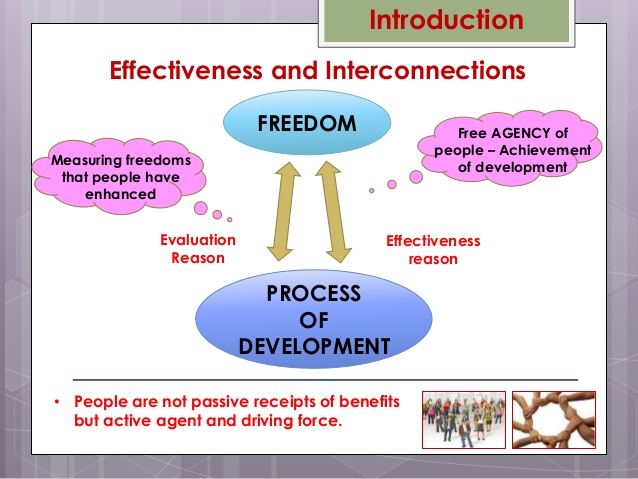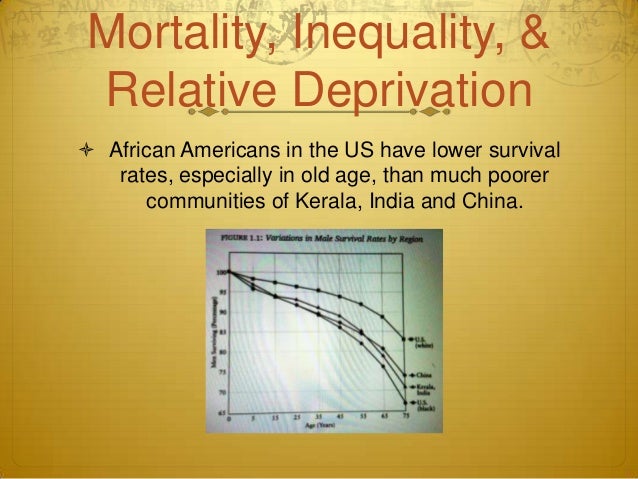

Why do some countries receive better governance than others, save and invest more, have more flexible markets, or achieve greater inclusiveness? Are there some admittedly more fundamental common characteristics that could explain why, on average, certain countries create better institutions, promote better policies, and achieve better outcomes?Īlthough a general theory of economic growth continues to elude the economist profession (Easterly 2001), the idea that differences in societies’ institutional arrangements are the fundamental cause of differences in economic performance has gained enormous momentum in recent decades. However, observing that successful economies display a number of commonalities and desirable features is of little help in understanding why and how those countries have been able to nurture and sustain these specific features over time. and inclusiveness to share the benefits of globalisation, provide access to the underserved, and deal with issues of gender inclusiveness.Though not always easy reading for the layperson, Sen's book is an admirable and persuasive effort to define development not in terms of GDP but in terms of ""the real freedoms that people enjoy."" (Sept.In reviewing the distinctive characteristics of the 13 economies that have been able to grow at more than 7% for periods of more than 25 years since 1950, the Commission on Growth and Development (2008) found that sustainable high economic growth requires, among other things: He observes that China's coercive system has contributed to massive famine and that Beijing's compulsory birth control policy-only one child per family-has led to fatal neglect of female children. Yet Sen demolishes the notion that a specific set of ""Asian values"" exists that might provide a justification for authoritarian regimes.

How does one explain the recent gulf in economic progress between authoritarian yet fast-growing China and democratic, economically laggard India? For Sen, the answer is clear: India, with its massive neglect of public education, basic health care and literacy, was poorly prepared for a widely shared economic expansion China, on the other hand, having made substantial advances in those areas, was able to capitalize on its market reforms.

He tests his theory with examples ranging from the former Soviet bloc to Africa, but he puts special emphasis on China and India. Sen here argues that open dialogue, civil freedoms and political liberties are prerequisites for sustainable development. When Sen, an Indian-born Cambridge economist, won the 1998 Nobel Prize for Economic Science, he was praised by the Nobel Committee for bringing an ""ethical dimension"" to a field recently dominated by technical specialists.


 0 kommentar(er)
0 kommentar(er)
